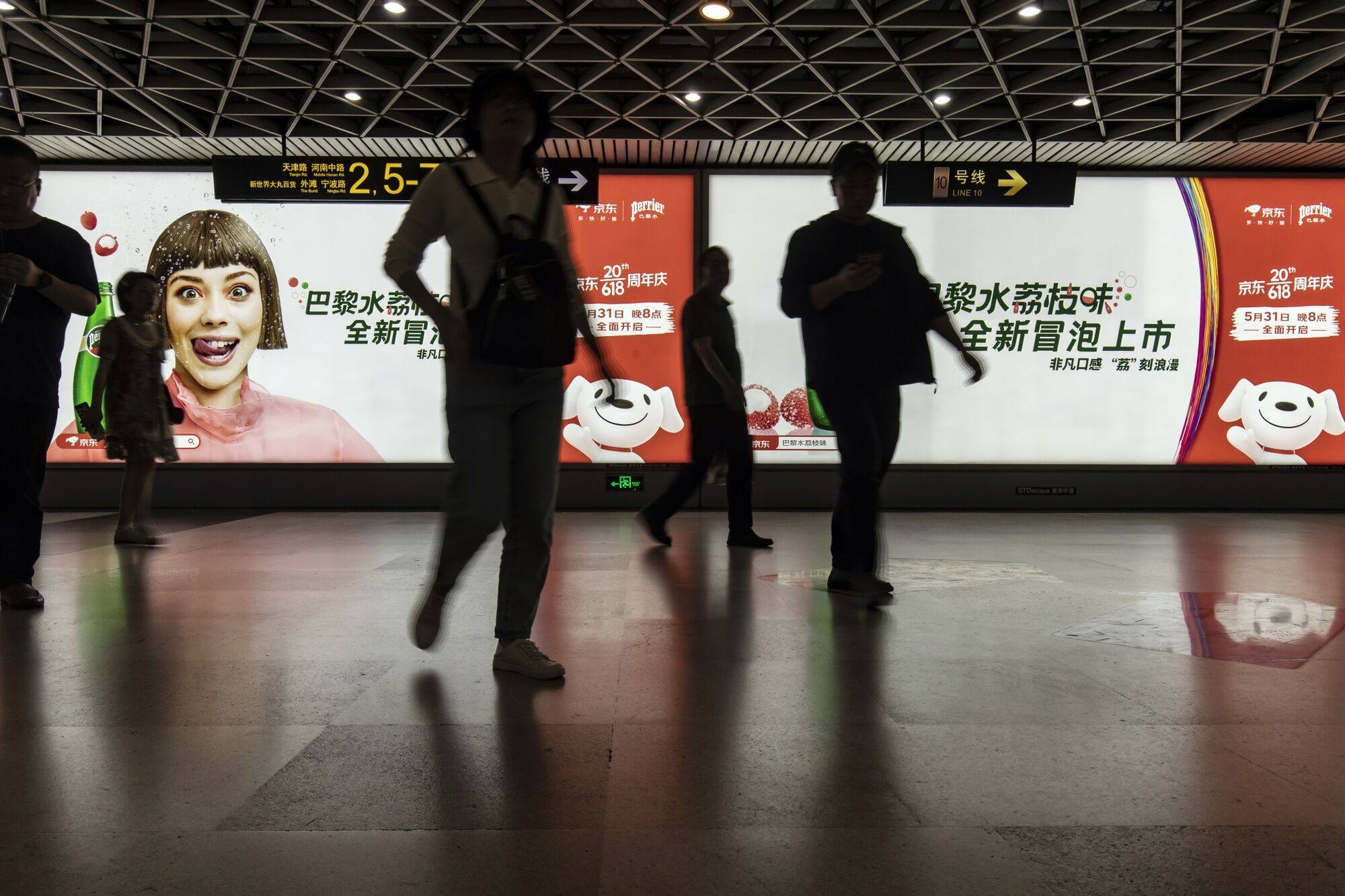Alibaba Group Holding and JD.com touted impressive growth trends but declined to reveal total gross merchandise value (GMV) figures for their midyear 618 shopping festival events, as China’s major e-commerce players remain locked in a heated battle to get consumers to open their wallets amid the country’s economic slowdown.
Both e-commerce giants declared victory as they fend off competition from rivals Pinduoduo, operated by Temu owner PDD Holdings, and Douyin, the Chinese equivalent of TikTok owned by ByteDance, but some analysts warn that consumers are growing weary of the non-stop online promotions.
As of midnight Tuesday, a total of 365 brands on Tmall surpassed 100 million yuan (US$13.8 million) in GMV, while over 36,000 brands had doubled their GMV, according to data from Taobao and Tmall Group, the domestic e-commerce unit of Alibaba Group Holding, which also owns the South China Morning Post.
Membership of 88VIP, Taobao’s paid programme which offers members extra benefits across its ecosystem of services, saw a 65 per cent increase from last year in the number of new members, a record high achieved during the sales campaign which ran from May 20 to June 20.
Meanwhile, JD.com, a major rival of Alibaba, said on Wednesday that its transaction volume and orders during the midyear sales extravaganza broke records, without disclosing the exact figures.
JD.com said 500 million customers took part in its sales promotion, with orders contributing to over 1 billion yuan in sales across 83 brands, representing 50 per cent sales growth for more than 150,000 small and medium-sized merchants.
Some of the biggest sales numbers came from campaigns to offer competitively priced items, such as JD.com’s “10-Billion-Yuan Discount” promotion, which saw 150 per cent year-on-year growth during from May 31 to June 18.
Similarly, Taobao and Tmall said its “Taobao RMB10 Billion Subsidy Programme”, a dedicated sales channel meant to offer higher-quality products at competitive prices, became a new growth engine for brands. Total GMV generated from this channel increased 550 per cent year on year as of midnight Monday.
The record numbers for an event that has been held annually for over a decade proves that e-commerce campaigns still have a significant effect on stimulating consumption, according to Zhuang Shuai, founder and chief analyst at market consultancy Bailian. “Consumer confidence has been rising, although it’s also becoming more rational and sensible,” Zhuang said. “A mature consumer market will inevitably bring more challenges to e-commerce sales campaigns.”
The 618 shopping event this year saw e-commerce players adopt various measures to attract consumers in the highly competitive market, including cancelling the traditional presale stage which had allowed consumers to pay a deposit on goods to guarantee a low price during the actual sales period.
The effect of cancelling presales “surpassed our expectations”, proving that “direct sales at large events can have strong growth”, a spokesperson from Taobao and Tmall Group said on Tuesday.

In terms of product categories, Taobao and Tmall Group saw strong growth in consumer electronics and computer and communication products, with its 90.1 per cent year-on-year GMV growth for those products in May dwarfing JD.com’s 30.2 per cent and Douyin’s 69.2 per cent for the same period, according to consultancy Lijin, which tracks trends in the consumer sector.
Pinduoduo and Douyin, the Chinese equivalent of TikTok, are both emerging as major players in the domestic e-commerce market, but have yet to release final sales numbers.
Despite the encouraging figures announced by Alibaba and JD.com, some analysts said that year-round promotions by Chinese e-commerce players have stretched the finances of consumers, resulting in dwindling enthusiasm for the 618 shopping event.
“The popularity of 618 sales is waning”, said Li Chengdong, founder and chief analyst at Beijing-based e-commerce consultancy Dolphin. “Sales promotions have led [consumers] to overspend, and they are becoming less interesting [for consumers].”

